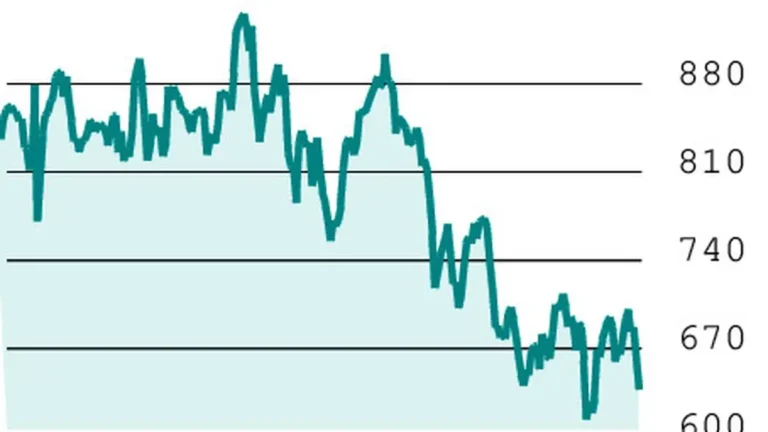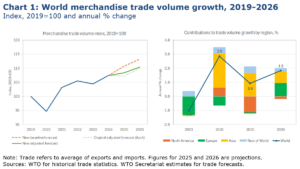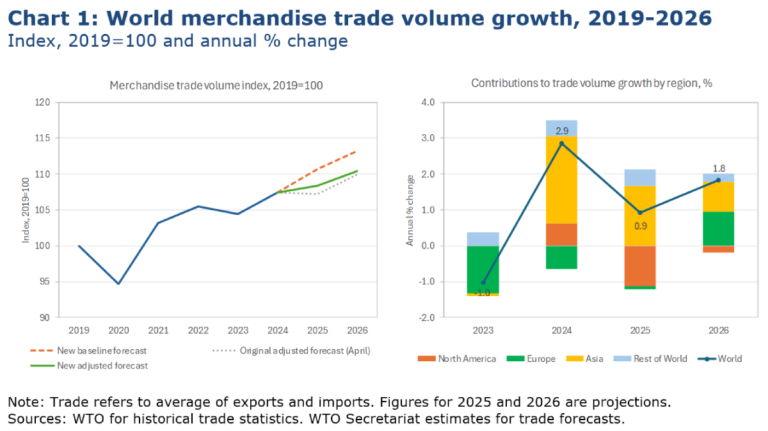New Delhi, Aug 8 (KNN) The government has introduced a series of initiatives to enhance credit flow and liquidity for Micro, Small and Medium Enterprises (MSMEs), Union Minister of State for MSMEs Shobha Karandlaje informed the Rajya Sabha in a written reply on Thursday.
Under the Credit Guarantee Scheme (CGS) for Micro and Small Enterprises (MSEs), an additional Rs 9,000 crore has been infused into the Credit Guarantee Fund Trust for MSEs, enabling an estimated Rs 2 lakh crore of additional credit at reduced borrowing costs.
Effective April 1, 2025, the guarantee ceiling will rise from Rs 5 crore to Rs 10 crore, with coverage of up to 90 percent for eligible loan categories.
The Prime Minister’s Employment Generation Programme (PMEGP) offers margin money subsidies of up to 35 percent for new micro enterprises in the non-farm sector, with project cost limits of Rs 50 lakh for manufacturing and Rs 20 lakh for services.
The PM Vishwakarma scheme, launched on September 17, 2023, provides end-to-end support to artisans and craftspeople in 18 traditional trades, including loans of up to Rs 3 lakh with an 8 percent interest subvention.
The Self-Reliant India (SRI) Fund has been set up to provide Rs 50,000 crore in equity funding to growth-ready MSMEs, comprising Rs 10,000 crore from the Centre and Rs 40,000 crore from private equity and venture capital sources.
To address delayed payments, the Ministry of MSME operates the SAMADHAAN portal for monitoring outstanding dues, alongside 161 MSEs Facilitation Councils across the country.
An Online Dispute Resolution (ODR) portal, launched on June 27, 2025, enables fully digitised settlement of payment disputes.
The Reserve Bank of India (RBI) has issued guidelines for the Trade Receivables Discounting System (TReDS), which allows MSMEs to finance receivables from corporates, government entities and PSUs through multiple financiers.
Currently, five entities operate TReDS, with the onboarding threshold for corporates and CPSEs reduced to an annual turnover of Rs 250 crore.
Additionally, the RBI has developed the Unified Lending Interface (ULI) to streamline loan processing, reduce documentation, and speed up credit decisions, aiming to cut approval times and operational costs for lenders while improving MSME access to finance.
(KNN Bureau)













